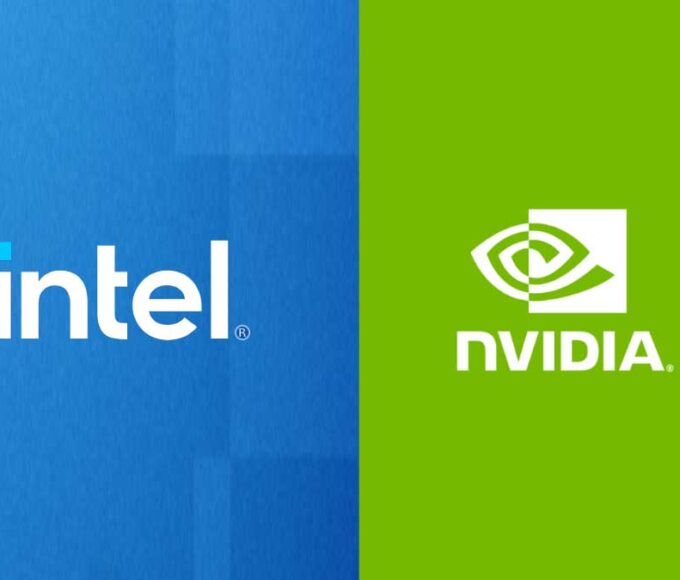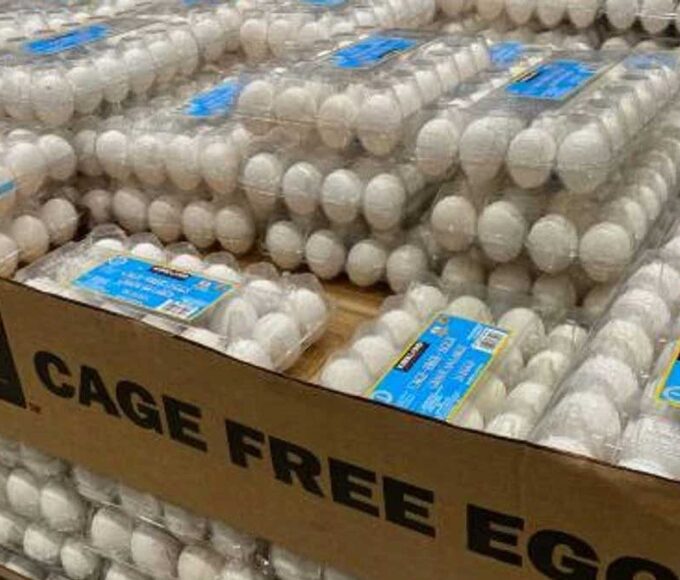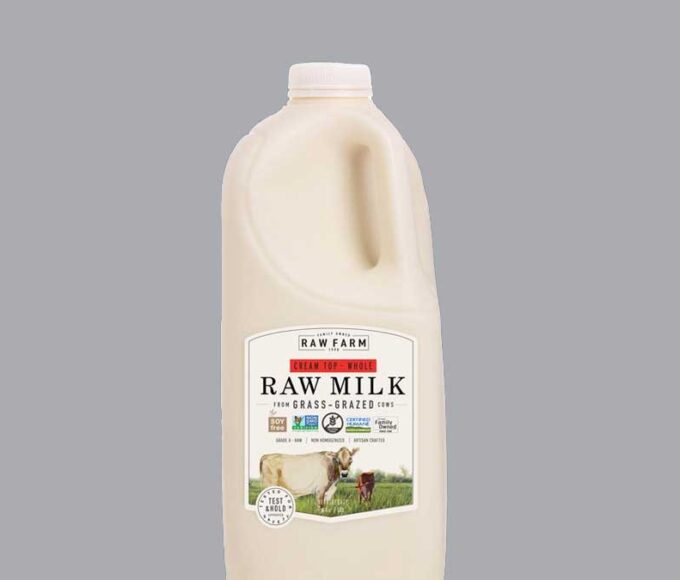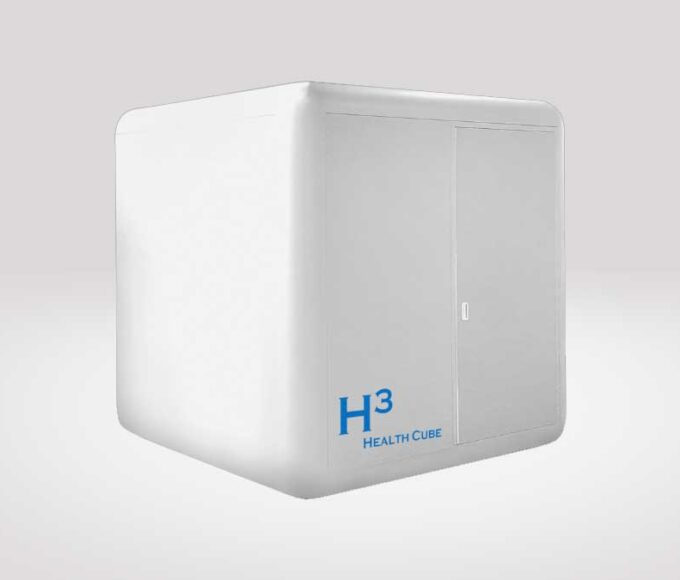- Home
- Billionaires
- Investing Newsletters
- 193CC 1000
- Article Layout 2
- Article Layout 3
- Article Layout 4
- Article Layout 5
- Article Layout 6
- Article Layout 7
- Article Layout 8
- Article Layout 9
- Article Layout 10
- Article Layout 11
- Article Layout 12
- Article Layout 13
- Article Layout 14
- Article Sidebar
- Post Format
- pages
- Archive Layouts
- Post Gallery
- Post Video Background
- Post Review
- Sponsored Post
- Leadership
- Business
- Money
- Small Business
- Innovation
- Shop
Recent Posts
FDA Approves Menthol Vapes Amid Cigarette Ban Delays

On Friday, the Food and Drug Administration (FDA) approved the first-ever menthol-flavored vapes, allowing four NJOY menthol e-cigarettes to enter the market. NJOY, a subsidiary of Altria, the maker of Marlboro cigarettes, presented evidence indicating that these products could help adult smokers transition away from traditional cigarettes. This decision represents a notable development in the FDA’s regulatory landscape, especially as the Biden administration’s efforts to ban menthol cigarettes face significant delays and political scrutiny.
NJOY’s newly approved menthol-flavored vapes are now authorized for immediate sale and advertising. The FDA’s approval was contingent on NJOY providing sufficient evidence that their menthol vapes could serve as a less harmful alternative for adult smokers trying to quit traditional cigarettes. As part of this authorization, the FDA will closely monitor NJOY’s marketing strategies to ensure they do not target or appeal to underage smokers. The agency has warned that it may suspend or revoke NJOY’s marketing rights if there is a notable increase in youth or former smoker usage. This reflects the FDA’s broader commitment to minimizing the risks associated with nicotine products and ensuring that new products on the market are appropriate for protecting public health.
The FDA has long targeted flavored cigarettes, including menthol varieties, due to their appeal among younger and minority smokers. In 2021, the agency announced plans to implement a comprehensive ban on menthol cigarettes, but this initiative has faced repeated delays. In April, Health and Human Services Secretary Xavier Becerra acknowledged that enacting the ban would take “significantly more time.” This delay has drawn criticism from public health advocates and several health organizations. They argue that menthol cigarettes are particularly harmful because the menthol flavor masks the harshness of tobacco, making it easier to start smoking and harder to quit. The Centers for Disease Control and Prevention (CDC) reports that menthol cigarettes are disproportionately marketed to Black communities. The African American Tobacco Control Leadership Council filed a lawsuit against the FDA in April, accusing the agency of failing to protect Black Americans from targeted marketing by tobacco companies. The Council contends that the delay in the menthol cigarette ban perpetuates health disparities, given that 85% of Black smokers use menthol cigarettes, compared to 30% of white smokers. The CDC estimates that from 1980 to 2018, 157,000 Black Americans died prematurely due to menthol cigarette-related illnesses, with Black men experiencing the highest lung cancer death rates in the U.S.
In recent years, the FDA has intensified its oversight of e-cigarette manufacturers, driven by concerns over the rising popularity of vaping among teenagers. In 2018, Juul, one of the leading e-cigarette brands, withdrew most of its flavored pods from stores following revelations that fruit and candy-flavored products were particularly appealing to young people. The FDA required all e-cigarette manufacturers to submit applications for regulatory approval of their products by 2020. An FDA survey revealed that 22.2% of middle and high school students in the U.S. reported using some form of tobacco product in the previous year, with e-cigarettes being the most common. Although there has been a decline in high school students’ e-cigarette use, likely due to the FDA’s stringent measures to limit access, youth vaping remains a significant public health concern.
The FDA’s approach to regulating e-cigarettes continues to evolve. Earlier this month, the agency rescinded a two-year-old marketing ban on Juul Labs’ top-selling e-cigarette products. This ban had been temporarily halted by an appeals court, allowing Juul Labs to submit additional scientific evidence demonstrating that their products meet the FDA’s public health protection standards. The FDA is currently reviewing this new evidence to determine whether Juul’s products can be marketed legally. This ongoing review underscores the FDA’s commitment to ensuring that all nicotine products, including e-cigarettes, adhere to strict public health guidelines.
Recent Posts
Categories
- 193cc Digital Assets2
- 5G1
- Aerospace & Defense46
- AI37
- Arts3
- Banking & Insurance11
- Big Data3
- Billionaires449
- Boats & Planes1
- Business328
- Careers13
- Cars & Bikes76
- CEO Network1
- CFO Network17
- CHRO Network1
- CIO Network1
- Cloud10
- CMO Network18
- Commercial Real Estate7
- Consultant1
- Consumer Tech180
- CxO1
- Cybersecurity68
- Dining1
- Diversity, Equity & Inclusion4
- Education7
- Energy8
- Enterprise Tech29
- Events11
- Fintech1
- Food & Drink2
- Franchises1
- Freelance1
- Future Of Work2
- Games141
- GIG1
- Healthcare78
- Hollywood & Entertainment186
- Houses1
- Innovation42
- Investing2
- Investing Newsletters4
- Leadership65
- Lifestyle11
- Manufacturing1
- Markets20
- Media193
- Mobile phone1
- Money13
- Personal Finance2
- Policy567
- Real Estate1
- Research6
- Retail1
- Retirement1
- Small Business1
- SportsMoney33
- Style & Beauty1
- Success Income1
- Taxes2
- Travel10
- Uncategorized8
- Vices1
- Watches & Jewelry2
- world's billionaires418
Related Articles
What Healthcare Can Learn from Nvidia’s Success
The tech industry is undergoing a seismic transformation, with two of its...
By 193cc Agency CouncilDecember 16, 2024Salmonella Triggers Recalls of Costco Eggs and Cucumbers
The recent salmonella outbreak has prompted the recall of two major food...
By 193cc Agency CouncilNovember 30, 2024Bird Flu Found in Raw Milk in California, Recall Issued
California health authorities have confirmed the presence of the bird flu virus...
By 193cc Agency CouncilNovember 25, 2024UniDoc Health Launches Mobile ‘Health Cube’ for Remote Care
UniDoc Health, a Vancouver-based company, is revolutionizing healthcare accessibility with the launch...
By 193cc Agency CouncilNovember 23, 2024















Leave a comment